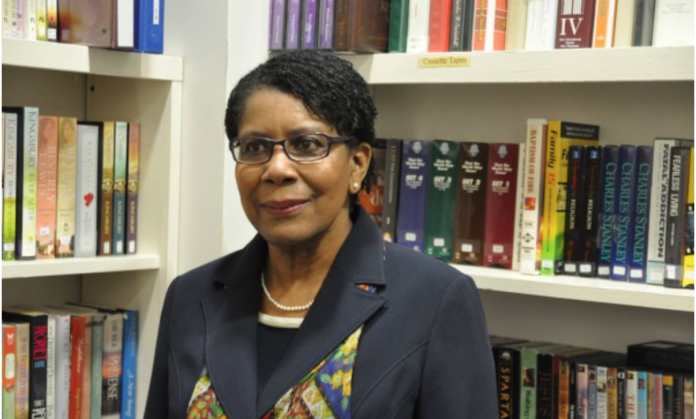Almost 70 years ago, six-month-old Norma Nicholson was found by a police officer outside the gates of her father’s house in Kingston, Jamaica wearing only a diaper. The baby’s desperate and ashamed 16-year-old mother left her on a sidewalk with a note nearby that said “this is your husband’s baby.”
Nicholson was raised by her paternal grandmother on a rural farm until the age of seven. When her “nana” died, she was sent to live with her aunt and three cousins. For the next five years, Nicholson endured unspeakable horrors. She was tied to a tree and whipped. She was raped several times by one of her relatives. These are just two examples. “The flashbacks are still difficult,” she says. “Many days, I wondered if I’d live to see the next day.”
When Nicholson was 10, she met a teacher named Irene Livingston. The woman encouraged Nicholson’s aunt to allow her to attend school for the first time. Although Nicholson was taunted by classmates for her clothing, she was happy to be worlds away from the torment at home. She credits Livingston for helping her to achieve her goal of becoming an RN, an idea that began to take root when she met the school nurse. She was caring and compassionate, Nicholson recalls. “She always had encouragement to give.”
MORE: USING EVIDENCE TO EXAMINE THE SAFETY OF GARDASIL
At 14, Nicholson moved in with her stepmother and cleaned for a living. She spent most of her evenings in the library, learning how to become a nurse. She finished high school in 1965, and, at 18, began working as a cashier at a local department store. It was there she ran into a former classmate who had moved to Canada.
“You’re a bright kid, you should come to Canada,” he suggested. Nicholson was flabbergasted. “You’ve got to be joking,” she replied. “How can I just come to Canada? I don’t know anyone, and I don’t have much money.”
With his help, and the help of his mother, she secured a job as a nanny for a family in Toronto, and immigrated in 1969. One year later, Nicholson became a registered nurse assistant (RNA, or RPN today). She decided on this path after volunteering on weekends at Toronto’s Wellesley Hospital. She moved to the Hospital for Sick Children (SickKids) in 1971, calling it quits as a nanny and working full-time as an RNA for eight years. She completed a three-year nursing program at George Brown College in the early 80s, and carried on for another eight years as an RN in endocrinology and diabetes at SickKids.
MORE: CENTRE FOR RESEARCH IN AGING
While working at a number of different GTA hospitals in different roles over her four-decade career, Nicholson achieved her baccalaureate and master’s degrees. She was also very involved with the Peel chapter of the Registered Nurses’ Association of Ontario (RNAO) for more than 25 years, sitting on a number of committees and working groups for the association, and taking on roles with the board of directors and assembly.
She capped off her career working as health manager for Brampton’s Roy McMurty Youth Centre, a secure custody and detention facility, for almost five years. It was there she developed a passion for changing the public’s perception of adolescents involved with the justice system.
Too often, people overlook the fact that many young people have experienced past abuses, trauma, mental illness or inadequate health care that lead them down a path of delinquency, she says.
It was out of this – and her own – experience that she wrote her first book. Young Lives on the Line: You can make a difference was published in the summer of 2014. “Because of how I was treated as a child, I wanted to give back to…youth,” she says. “(I wanted to give them) the very best (healthcare) so they can… become their best.”
To find out more about Norma Nicholson and Young Lives on the Line: You can make a difference, visit www.normanicholson.ca


